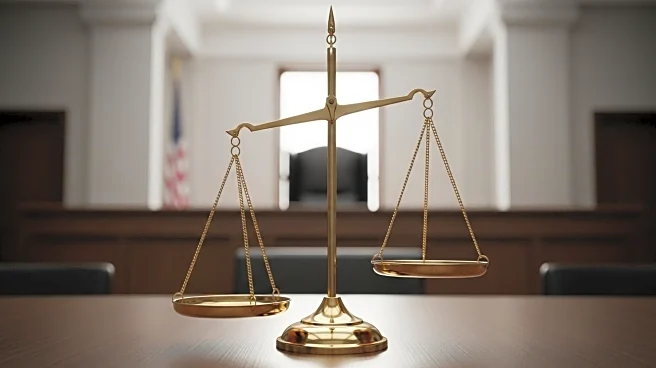What's Happening?
Justice Samuel Alito recently spoke at George Mason University's Antonin Scalia Law School, where he described himself as a 'working judicial originalist.' During his speech, Alito criticized other jurists who identify as originalists, accusing them of being 'insecure' and not fully committed to the originalist philosophy. He argued that these jurists are overly defensive and fail to appreciate the positive outcomes of interpreting the Constitution based on its original public meaning. Alito also took issue with various forms of originalism, such as partial and academic originalism, suggesting they do not align with his vision of achieving the common good through constitutional interpretation.
Why It's Important?
Alito's comments highlight ongoing debates within the judicial community about the interpretation of the Constitution. His critique of other originalists suggests a push for more extreme interpretations that could influence future Supreme Court decisions. This is particularly significant in the context of contentious issues like marriage equality, where Alito's views could signal potential challenges to established precedents. The broader implications of Alito's stance may affect how the judiciary approaches constitutional rights and could lead to shifts in legal interpretations that impact American society.
What's Next?
Alito's remarks may prompt responses from other members of the judiciary and legal scholars, potentially leading to further discussions on the role of originalism in constitutional interpretation. As the Supreme Court continues to hear cases, Alito's influence and judicial philosophy could shape future rulings, particularly in areas where originalist interpretations are contested. Observers will be watching closely to see how these debates unfold and whether they lead to changes in legal precedents.











